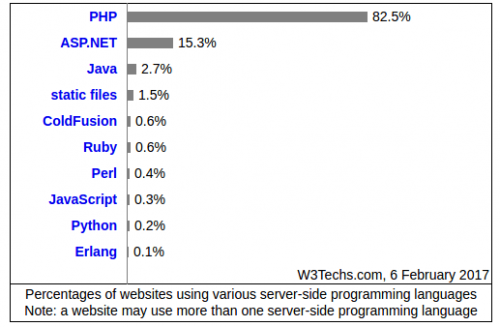OpenSource.com runs this article on “What to know before jumping into a career as an open source lawyer“. Whether or not you are planning to take that path, the article has a few interesting links and quotes.
Recently, at work, we’ve been trying to get a hold of a lawyer with Open Source experience. Just for the consultation or two. I wasn’t very optimistic about it, as I had a feeling those are rare beasts. My suspicion was confirmed to a degree. But this article reaffirms it even further:
Only a few dozen new grads a year are hired to do anything even vaguely involving open source. Only a few dozen lawyers in the entire world dedicate more than a quarter of their time to open source. Only a lucky handful, like those at Software Freedom Law Center (SFLC) and Software Freedom Conservancy (SFC), work primarily directly for communities and volunteer developers.
The article also links to a couple of books on the subject, which I’m pretty sure I’ll need to buy and read soon, unless we find somebody who is actually a lawyer and has done some work in Open Source space.
The first one is “The Tech Contracts Handbook: Cloud Computing Agreements, Software Licenses, and Other IT Contracts for Lawyers and Businesspeople“.
The Tech Contracts Handbook is a practical, user-friendly reference manual and training guide on cloud computing agreements, software licenses, and other IT contracts. It’s a clause-by-clause “how to” resource, covering the issues at stake and offering negotiation tips and sample contract language.
The Handbook is for both lawyers and businesspeople — including contract managers, procurement officers, in-house and outside counsel, salespeople, and anyone else responsible for getting IT deals done. Perhaps, most important, it uses clear, simple English, like a good contract.
Topics covered include:
- Software-as-a-service (SaaS) subscriptions
- Warranties and service level agreements (SLA’s)
- Data security and privacy
- Indemnities
- Disaster recovery (DR)
- Non-competes
- Limitations of liability
- Clickwraps
- Open source software
- Nondisclosure agreements (NDA’s) and confidentiality
- Technology escrow
- Copyright and other intellectual property (IP) licensing
- Internet and e-commerce contracts
- And much more …
The second one is “A Primer on Intellectual Property Licensing“.
A PRIMER ON INTELLECTUAL PROPERTY LICENSING (Second Edition) is a compact, practical guide to one of the most dynamic and popular areas of legal practice today-intellectual property licensing. Developed by an attorney in private practice who specializes in Silicon Valley technology licensing, this guide presents the basic rules of law you need to know for a licensing practice, along with helpful examples of contractual language, practice tips, and insights on custom and practice in the industry. This textbook is appropriate for a law school or business school seminar, or for practicing attorneys who wish to expand their practice into this exciting field. Individual chapters from this text are also available for seminars and CLE presentations (in electronic format).

